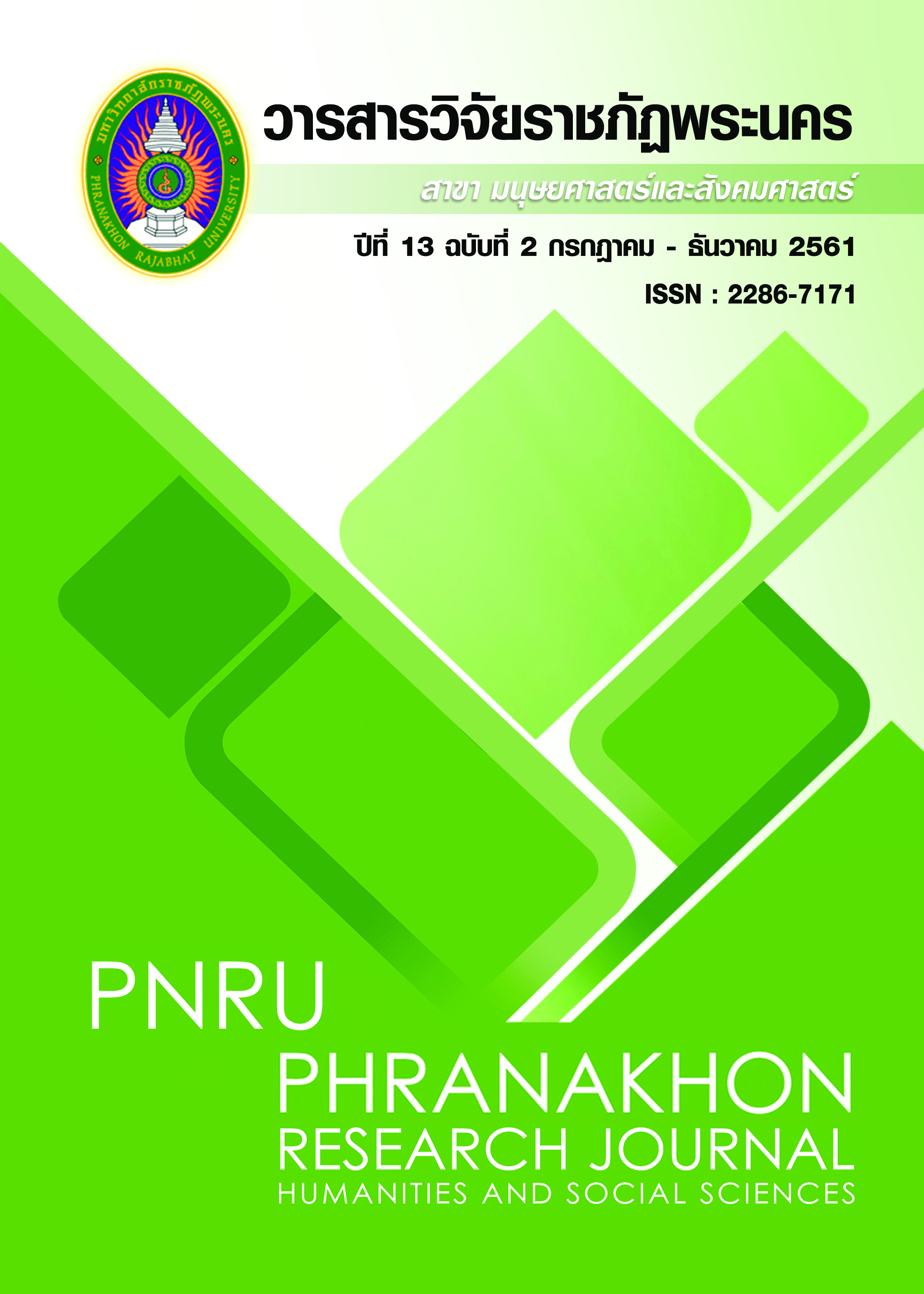DECENTRALIZED COMPARISON OF MEKONG BASIN COUNTRIES
Main Article Content
Abstract
The purposes of this article were to present the comparative trend of power decentralization among a group of countries surrounding Me Khong River area which includes Thailand, Lao, Cambodia, Myanmar, and Vietnam. The study was conducted by collecting data from relevant documents, field data gathered from interview the related paople, and from the observation of each country’s context. From the study of “Comparative trend of power decentralization among a group of countries surrounding Mekong River” found that Thailand is the most decentralized country, and the only one country with overlapping decentralization in regional and Local Wisdom level. There quality was found lacking in the rest of the group as most divide their administration into 2 parts. Among the power decentralization in 5 countries, the most popular decentralization power was administration, a decentralization of duty for local authority to take responsibility for the central administration. Another finding from the research was in among the counties which governed under democracy system; Thailand, Myanmar, and Cambodia, the level of decentralization is different but Myanmar and Cambodia are similar level of decentralization when compared with Vietnam and Lao that governed under Socialist system. There are 3 important points as follow; (1) Administration system does not reflect to level of decentralization of the country, (2) The level of decentralization depends on the government’s policy and, (3) The level of decentralization depends on the readiness of the local area.
Article Details
Each publish articles were copyright by Phranakorn Rajabhat University
Any contents which appeared in each articles in the journal were authors personal opinion. It did not relate to Phranakorn Rajabhat University and other instructors in the university. Each authors would take responsibility on their articles. If there are any mistake, the authors will take responsibility themselves
References
Gregersen, H. M., Contreras-Hermosilla, A., White, A., & Phillips, L. (2005). Forest governance in federal systems: an overview of experiences and implications for decentralization. In the Politics of Decentralization Forests, Power and People. 11-13. Sterling, VA: Earthscan.
Islam, K. M. (1997). Administrative decentralization: a conceptual analysis and its implication in Bangladesh. A Journal of Mass Communication, Public Administration and Social Sciences. 1(1), 149-165.
Larson, A. M. (2005). Democratic decentralization in the forestry sector: lessons learned from Africa, Asia and Latin America. In the Politics of Decentralization Forests, Power and People. 32-36. Sterling, VA: Earthscan.
Morell, M. (2004). FAO experience in decentralization in the Forest Sector Interlaken workshop. Forestry Department, Food and Agriculture Organization of the United Nations.
Rahman, M. S. (1996). Decentralization practices in Bangladesh: problems and potentials. Rajshahi University Studies. Rajshahi: Bangladesh.
Ribot, J. (2002). Democratic decentralization of natural resources: institutionalizing popular participation. Washington DC: World Resources Institute.
Sayer, J. et al. (2005). Implications for biodiversity conservation of decentralized forest resources management. In the Politics of Decentralization Forests, Power and People. 121-137. Sterling, VA: Earthscan.
Wacharin, I. (2014). Model of public participation in the local development. Journal of Graduate Studies Valaya Alongkron Rajabhat University Under the Royal Patronage. 8(3), 278-289. (in Thai)
World Bank. (2013). World development indicators. Washington, DC: World Bank.


